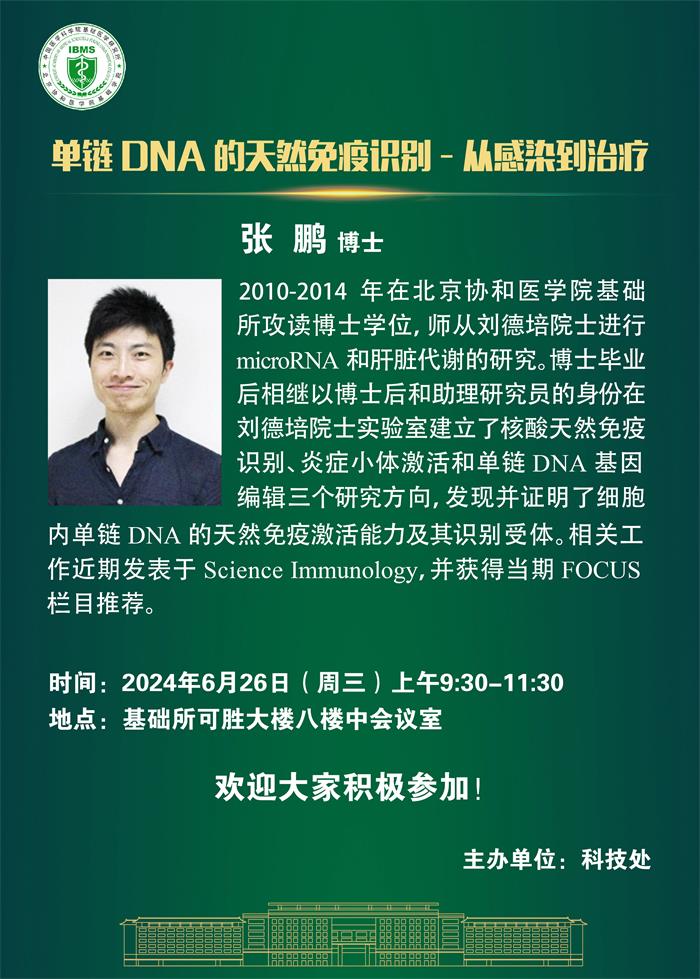Chemotherapy-induced miRNA-29c/catenin-δ signaling suppresses metastasis in gastric cancer.
Wang Y, Liu C, Luo M, Zhang Z, Gong J, Li J, You L, Dong L, Su R, Lin H, Ma Y, Wang F, Wang Y, Chen J, Zhang J, Jia H, Kong Y, Yu J*
Cancer Research, online publication 2015 Jan 29, pii: canres.0787.2014. PubMed PMID:25634213.
Abstract
Chemotherapy has improved the survival of gastric cancer (GC) patients by unknown mechanisms. In this study, we showed that cisplatin and docetaxel used in GC treatment increase expression of miRNA-29 family members (miR-29s) and decrease expression of their oncogenic targets, mediating a significant part of the efficacious benefits of these chemotherapeutic agents. In particular, GC patients who experienced recurrences after chemotherapy tended to exhibit low levels of miR-29c expression in their tumors, suggesting that miR-29c activation may contribute to the chemotherapeutic efficacy. Enforced expression of miR-29s in GC cells inhibited cell invasion in vitro and in vivo by directly targeting catenin-δ (CTNND1). Drug treatment suppressed GC cell invasion by restoring miR-29c-mediated suppression of catenin-δ and RhoA signaling. In parallel, drug treatment also activated several tumor suppressive miRNAs, thereby decreasing expression of their oncogenic effector targets. Overall, our findings defined a global mechanism for understanding the efficacious effects of cytotoxic chemotherapy in GC.





